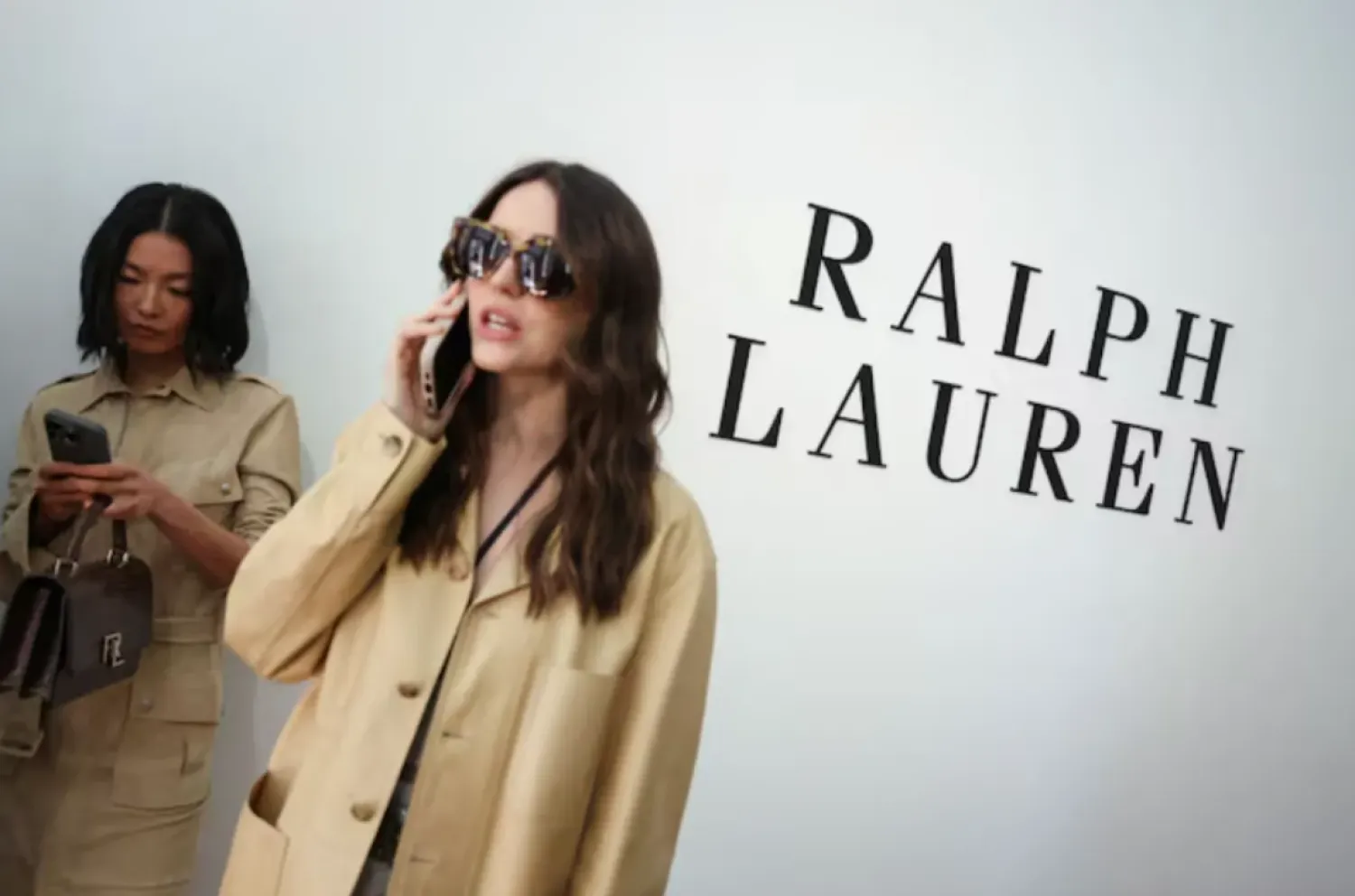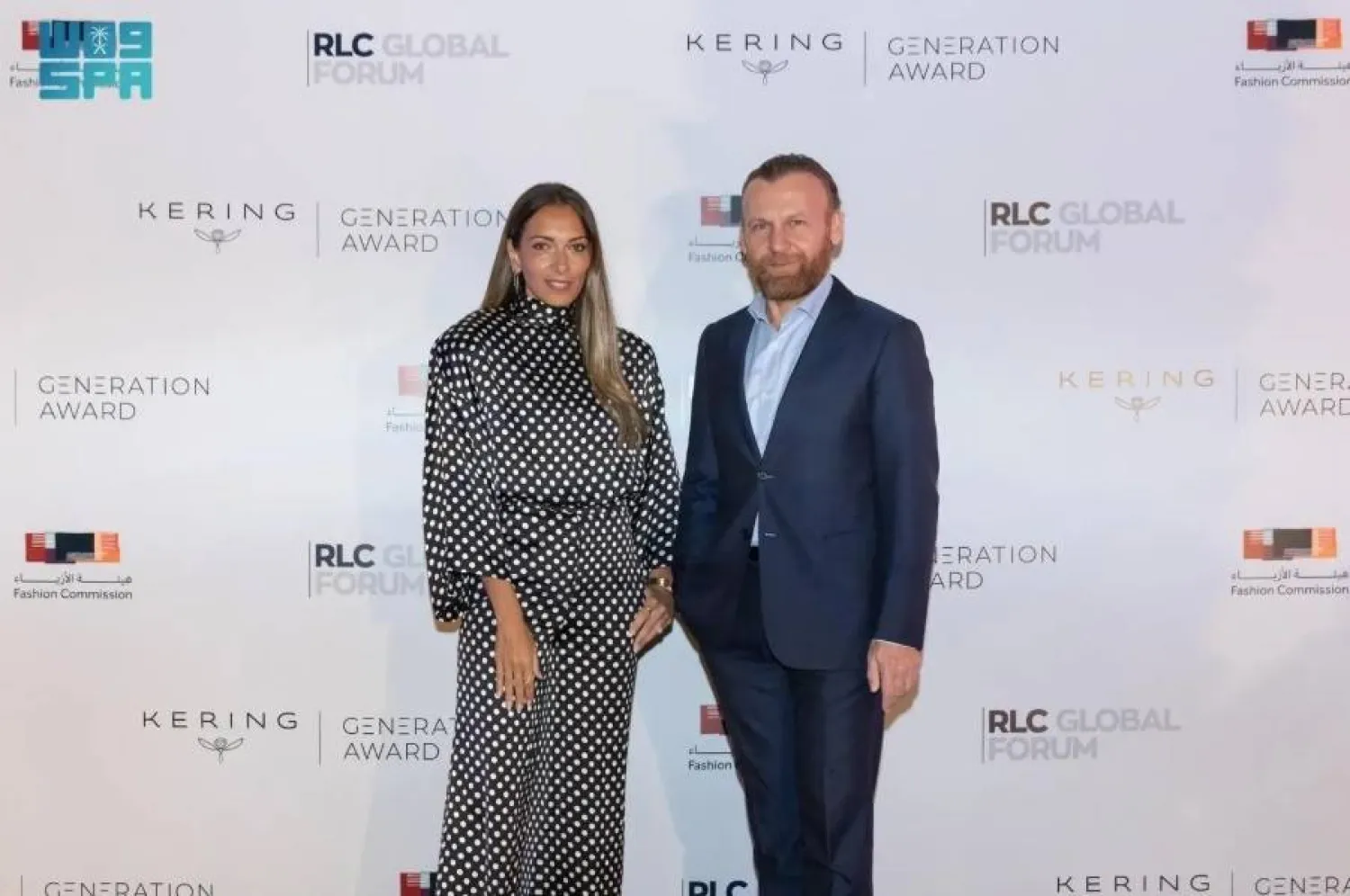LVMH, the world's largest luxury group, said on Monday sales fell 3% over the first quarter, missing expectations and confirming a sector slowdown as shoppers held back on purchases of designer fashion in a choppy economic environment.
The French company behind high-end labels including fashion houses Louis Vuitton and Dior, jewellery brand Bulgari and Hennessy cognac, reported sales for the three months to the end of March of 20.3 billion euros ($23.08 billion).
The result compares with 1% growth in the fourth quarter and analyst expectations for 2% growth in the first quarter of 2025, according to a VisibleAlpha consensus estimates.
The fashion and leather goods division, home to Louis Vuitton and Dior and accounting for nearly half of group sales and over three quarters of operating profit, posted a 5% fall in sales, well below expectations for a flat performance.
LVMH said fashion and leather goods sales saw a "slight decline" in the US while Japan was weaker than the comparable quarter a year ago when Chinese led growth in spending there.
Europe's luxury players were counting on wealthy Americans to reignite growth for the sector at the start of this year as the outlook for China, another crucial market, remained bleak.
But as fears of a US recession are on the rise after President Donald Trump's recent tariff announcements sent stock markets and the dollar plunging, the sector is bracing for what could be its longest slump in years.
The luxury sector, selling prized items to rich shoppers at high margins, is better positioned than other industries to use its pricing power to shield profits against Trump's tariffs, which would include a 20% charge on European fashion and leather goods and 31% for Swiss-produced watches if fully applied.
Last week, Trump paused most of his tariffs for 90 days, setting a general 10% duty rate instead.









